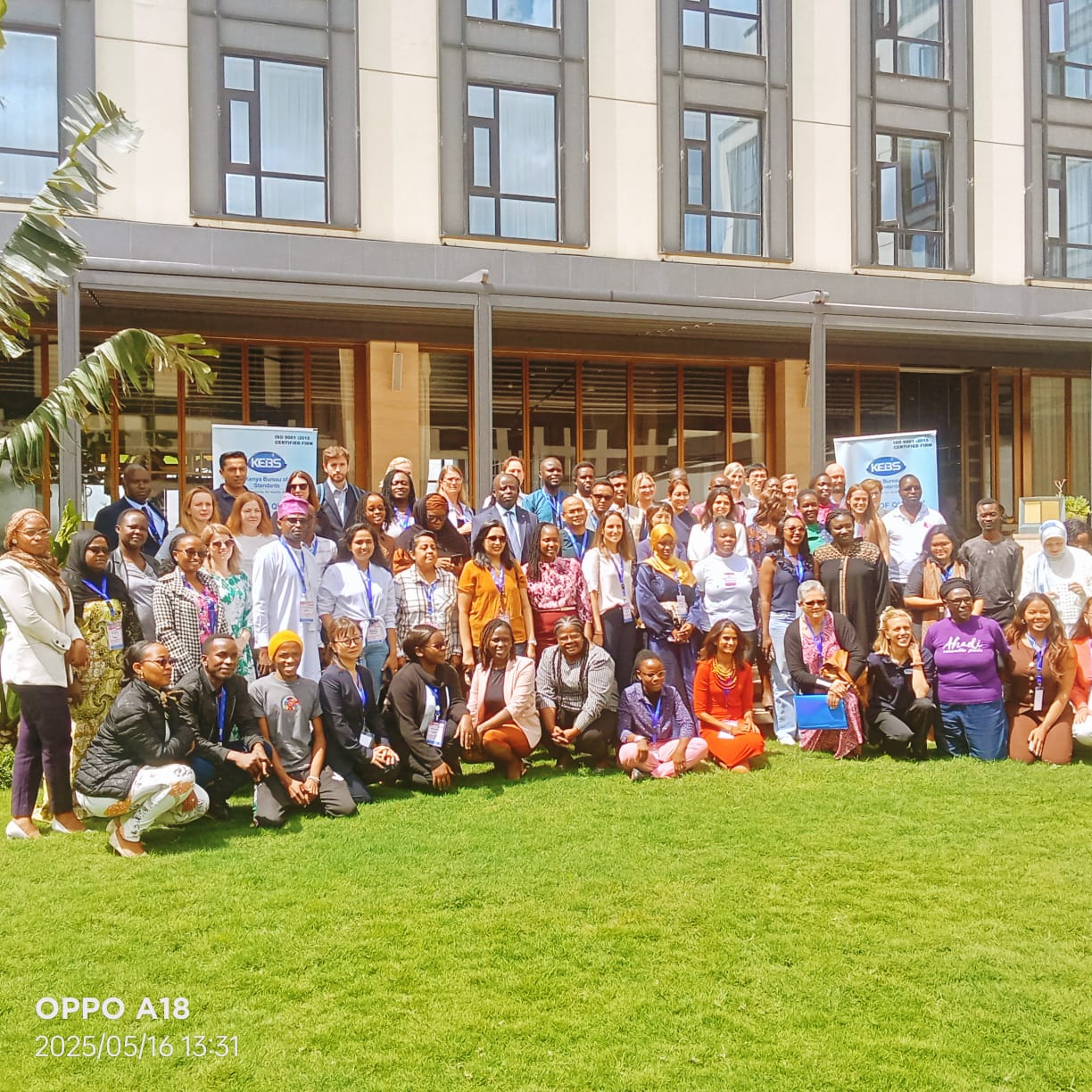 Menstrual products champions at an event in Nairobi.
Menstrual products champions at an event in Nairobi.
Experts have intensified calls for girls and women to have access to
quality and standardised menstrual products.
In a forum hosted by the Kenya Bureau of Standards (KEBS)
in collaboration with the Swedish Institute for Standards (SIS), presenters reiterated that it was imperative for all girls and women to have a dignified
life that is free of shame from menstrual poverty.
“We are having this awareness seminar to create that
particular awareness around standards, around performance and also around the
testing capabilities that we can support the micro and small enterprises,” said
Zakaria Nkorito, Director for Standard Development at KEBS.
In his presentation, Dr Simon Kigondu, chair of technical committee at the Kenya Bureau of Standards, said that Kenya leads in menstrual
health policy, but challenges persist in ensuring equitable access to quality
products.
He said: “Despite free pads being distributed, access remains uneven, especially in rural, marginalised and refugee communities. Many girls still rely on makeshift materials, compromising their health and dignity, there is need for standardised, safe and eco-friendly menstrual products.”
He
further called on African governments to move from token programs to systemic
change, guided by data, inclusion and human rights-based approaches.
Bethsheba Otuga, founder of Ahadi pads, said reusable pads are transforming lives by providing affordable, eco-friendly menstrual products to
underserved girls and women in Kenya to ensure they lead a dignified life.
She said, “We are not just manufacturing pads but we are fighting period poverty through education and empowerment. Since 2018, we have distributed nearly 20,000 reusable pads and trained dozens of women and girls in pad-making, helping them gain skills and economic independence. Our cloth pads are chemical-free, safe, and reusable for up to 24 months.”
She emphasised
that their commitment to hygiene, dignity, and breaking the cycle of poverty
was their top priority.
Nkorito emphasised the need to ensure all women and girls
have access to safe, affordable, and high-quality menstrual products, noting
that 80 per cent of the market in Kenya is covered by reusable products, mainly
produced by local SMEs.
To guarantee quality and safety, Nkorito said KEBS has
developed national standards for both disposable and reusable menstrual
products and regularly conducts market surveillance.
“We ensure that Kenyans are consuming safe products. Any products that are not meeting those requirements, appropriate actions are taken so that they do not find their way to the consumer,” he stated. He highlighted the ongoing efforts to update standards and support innovation in the sector.










